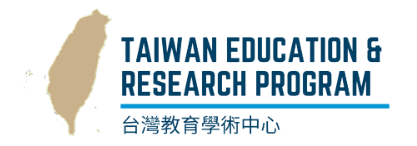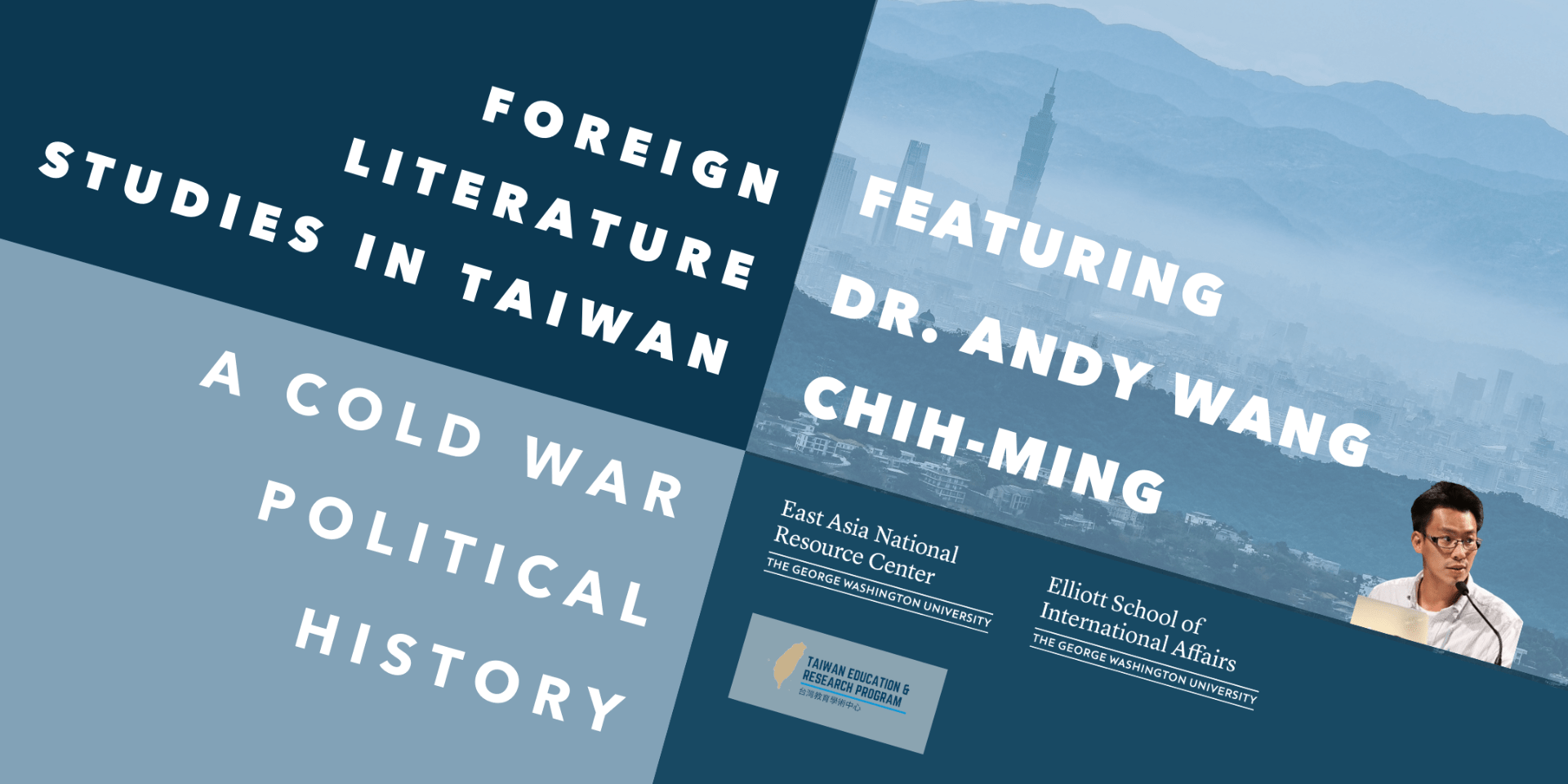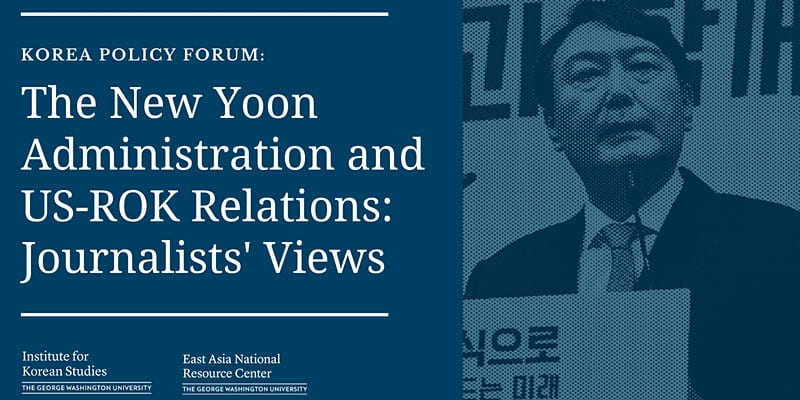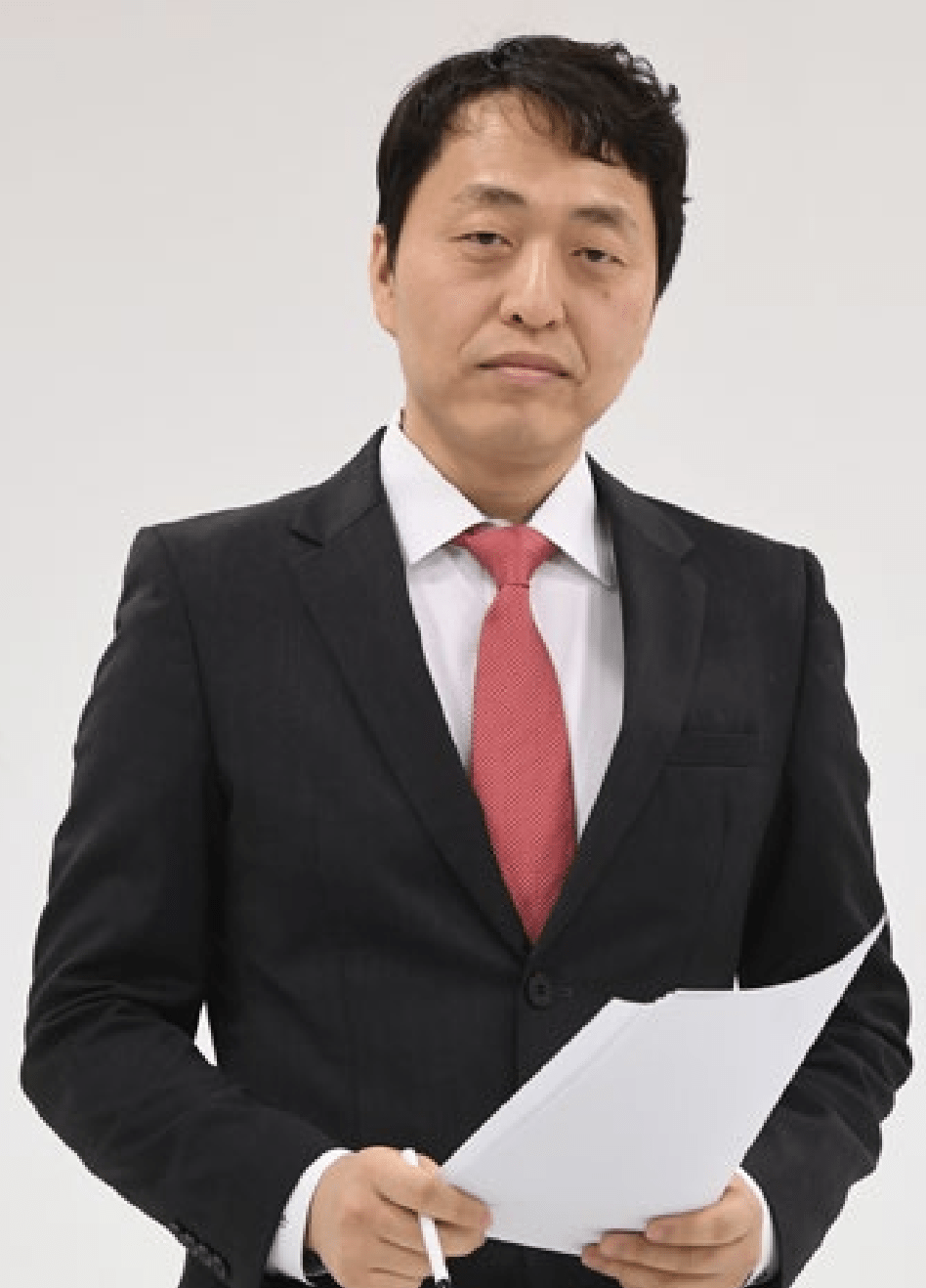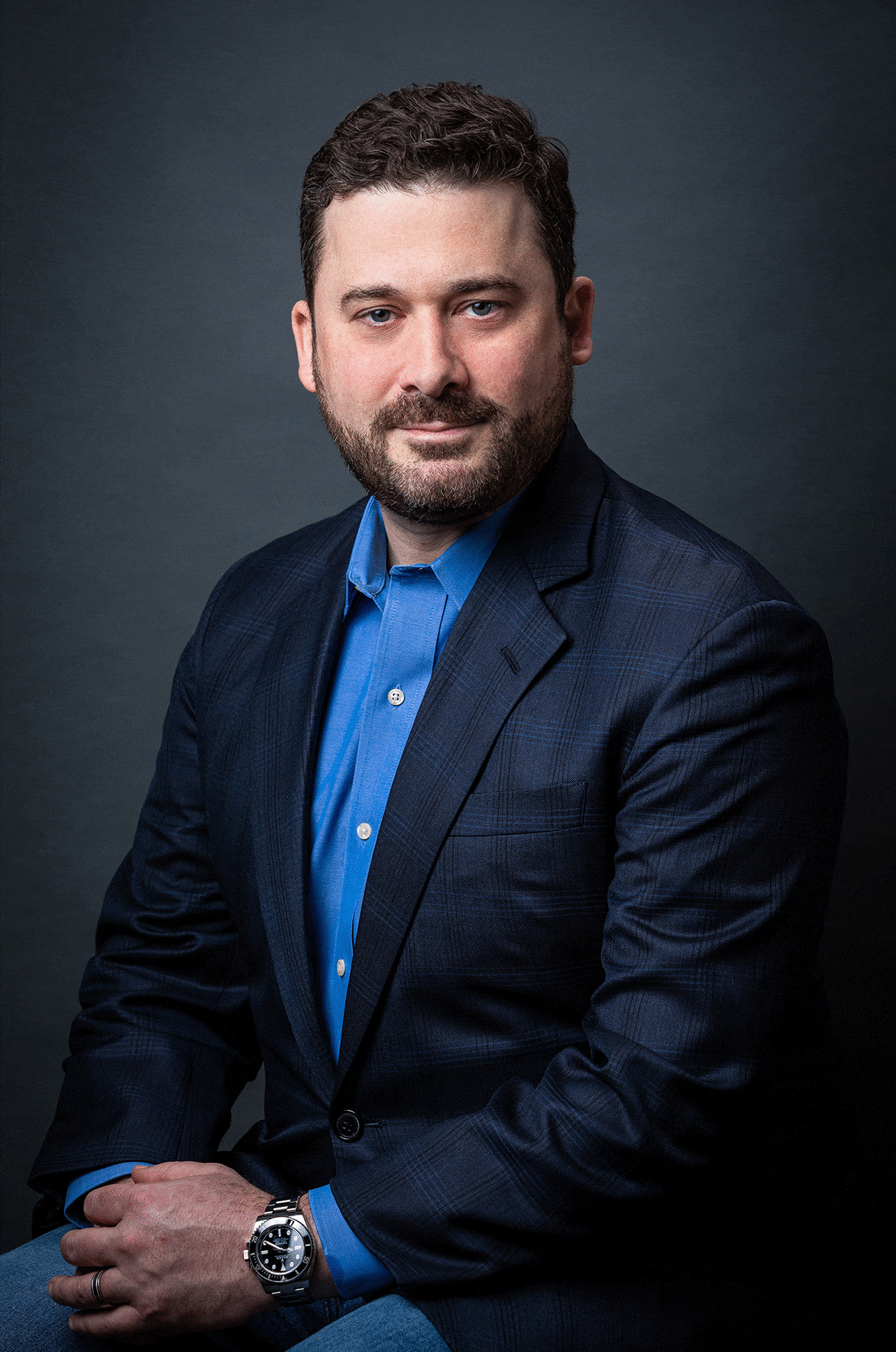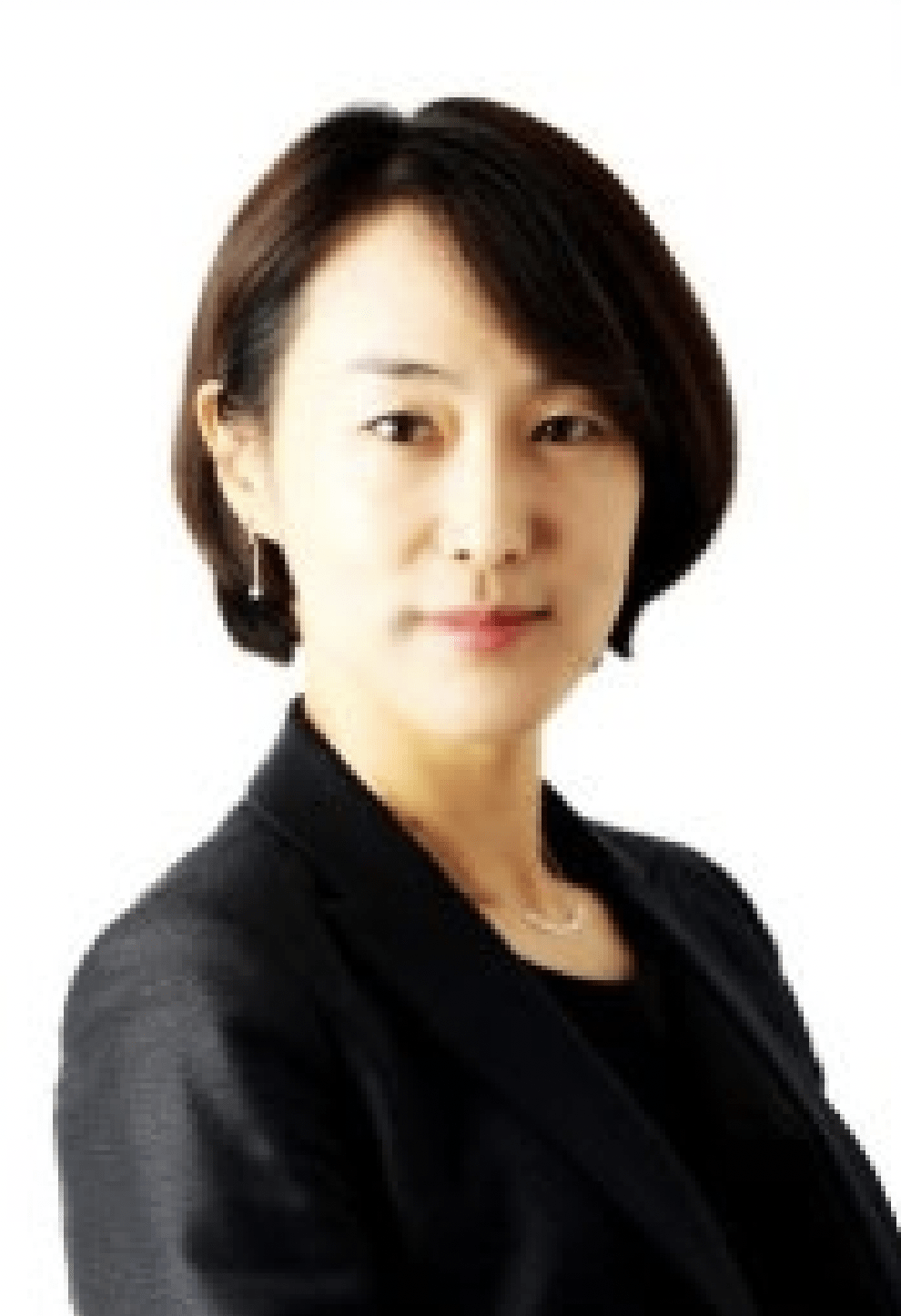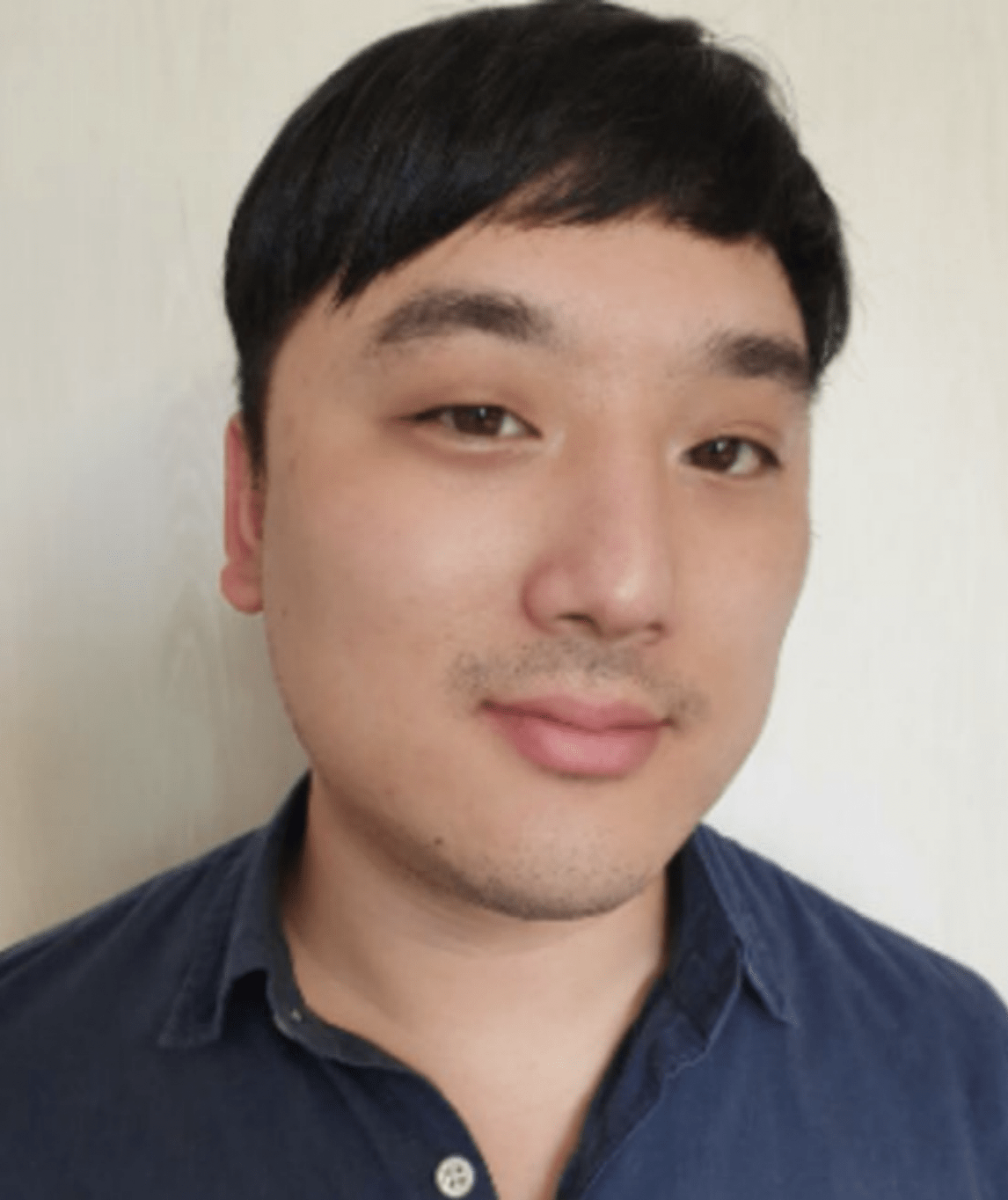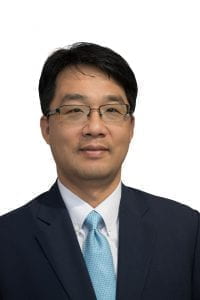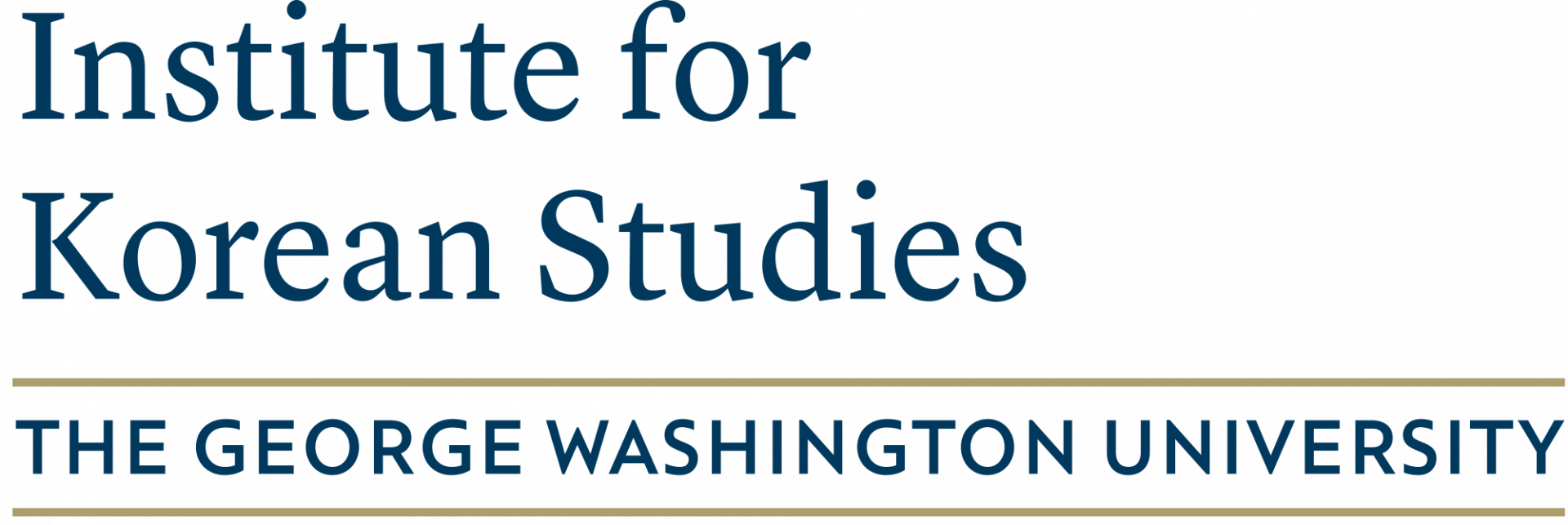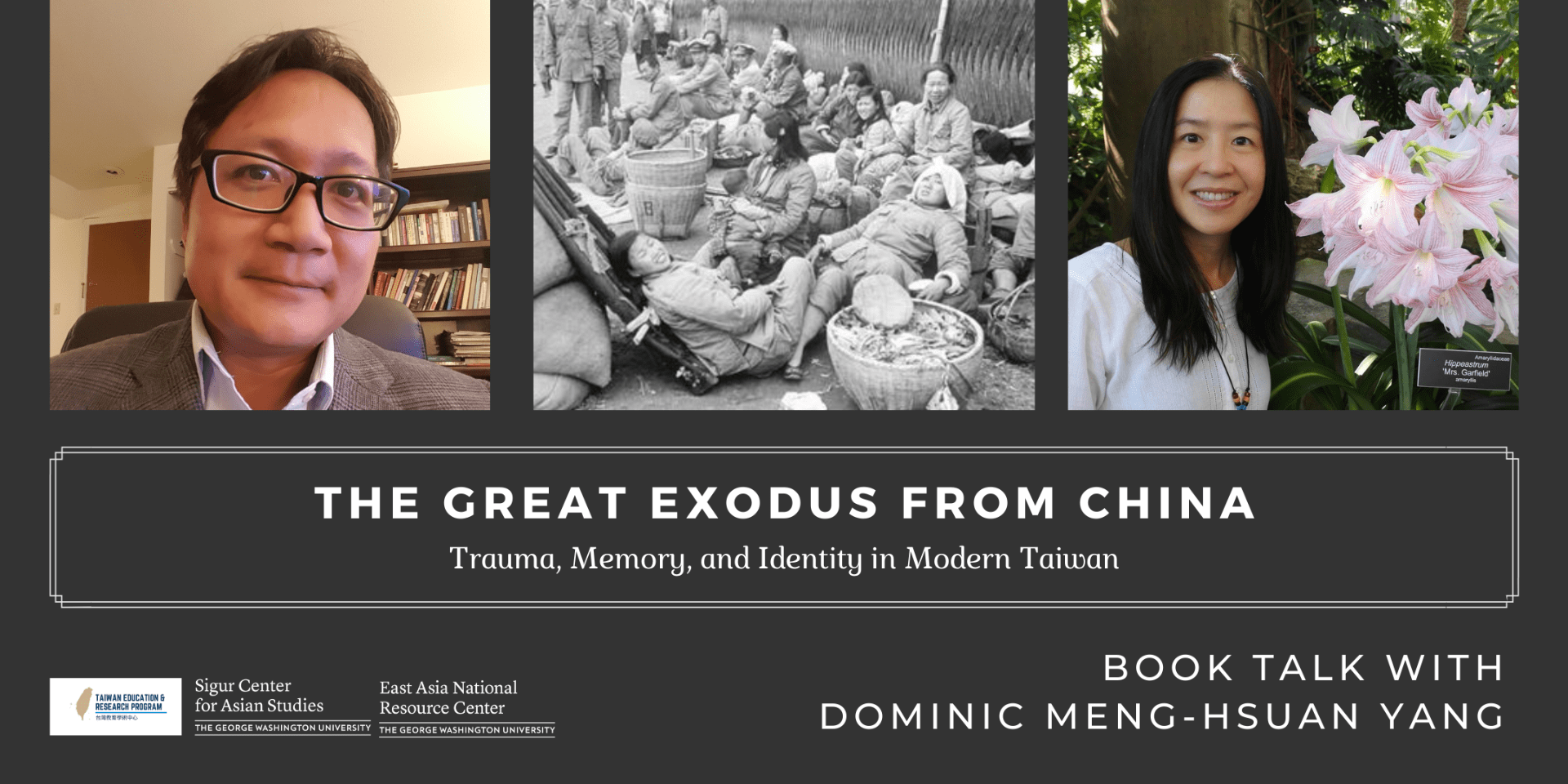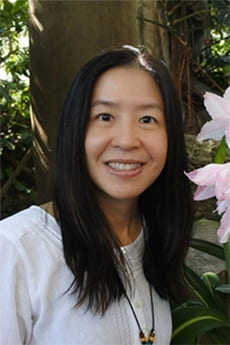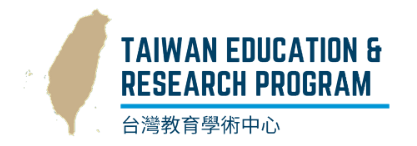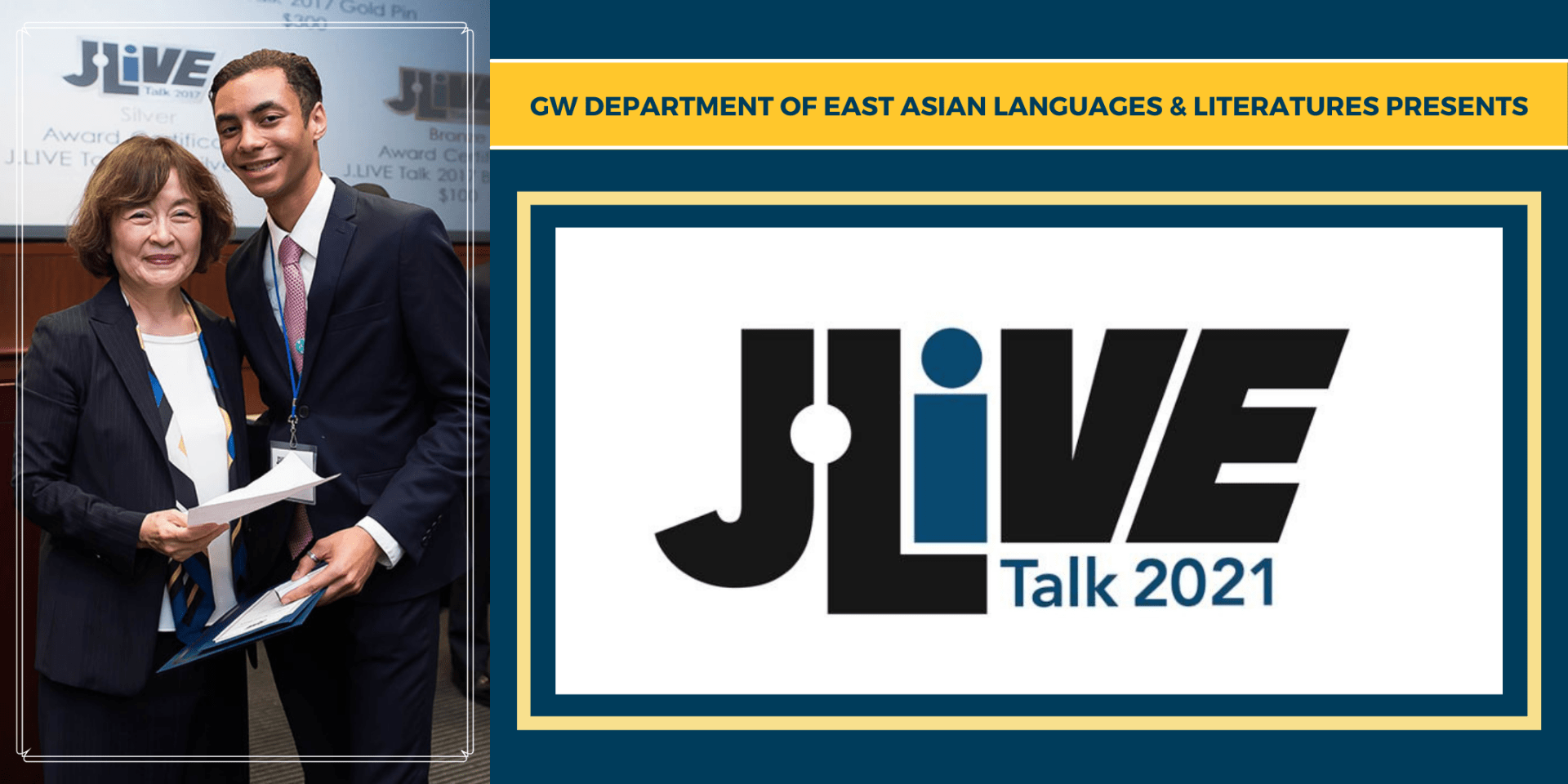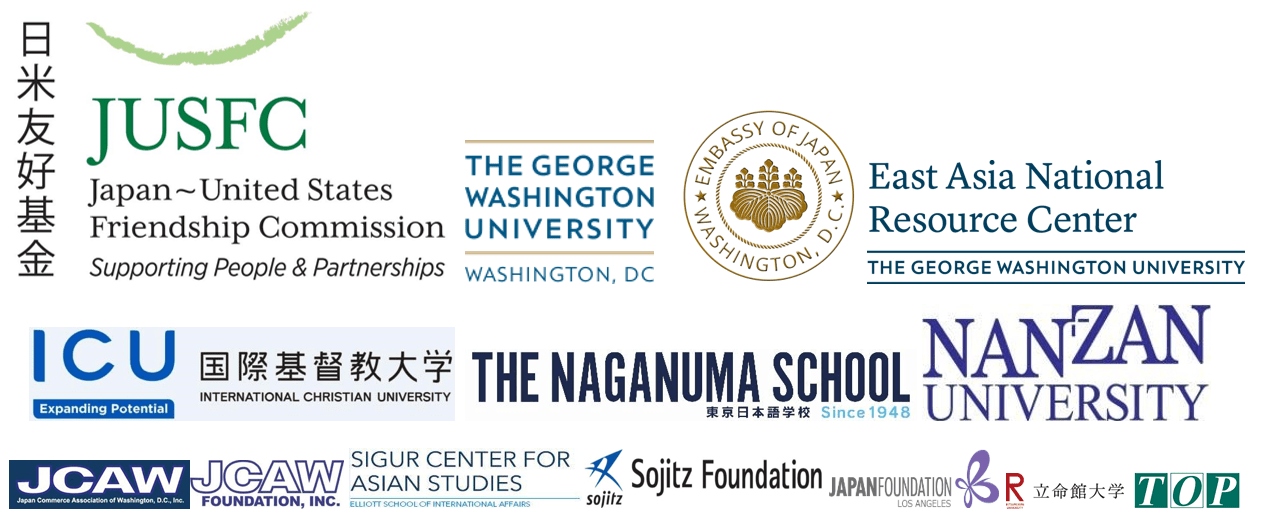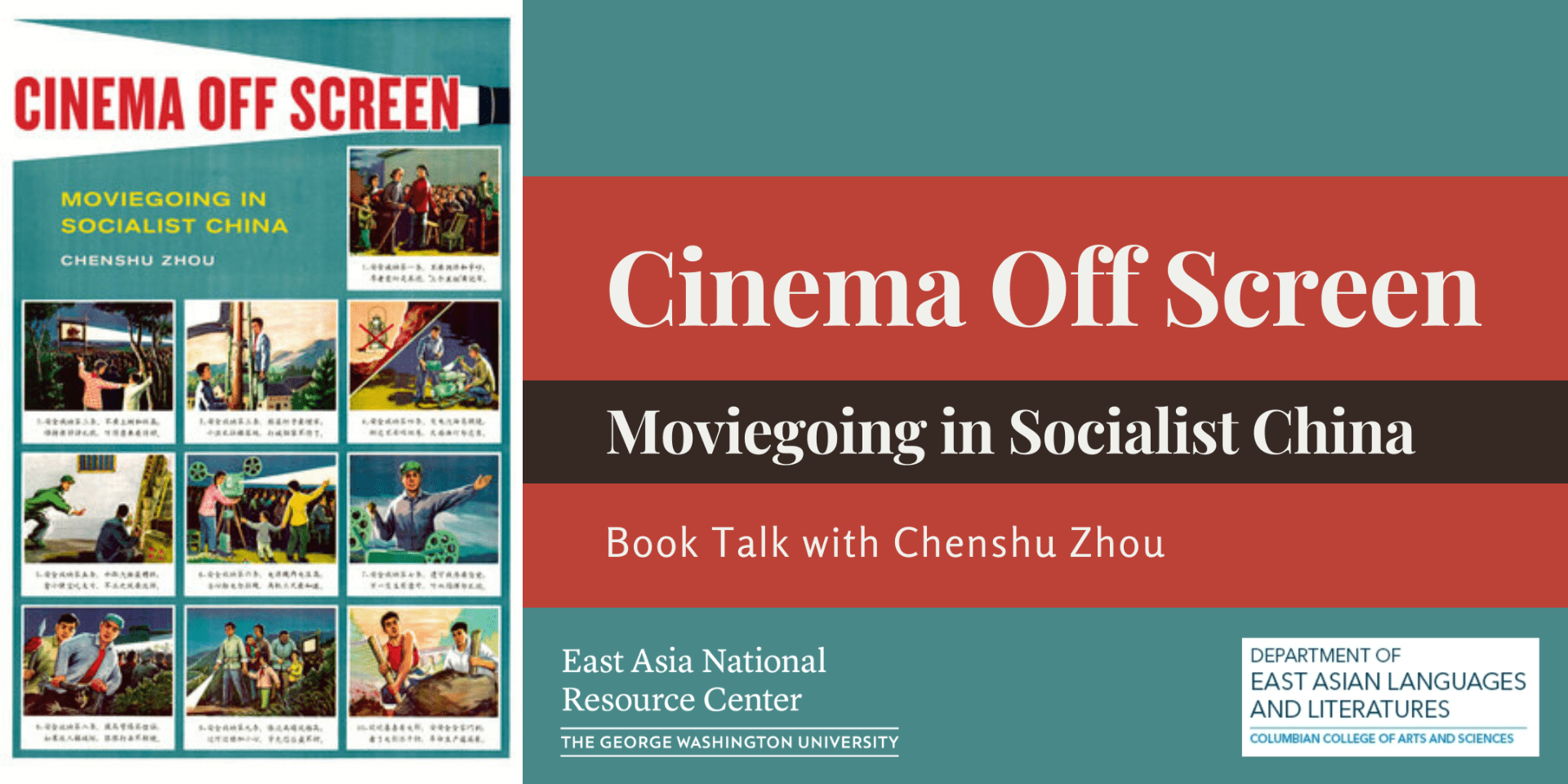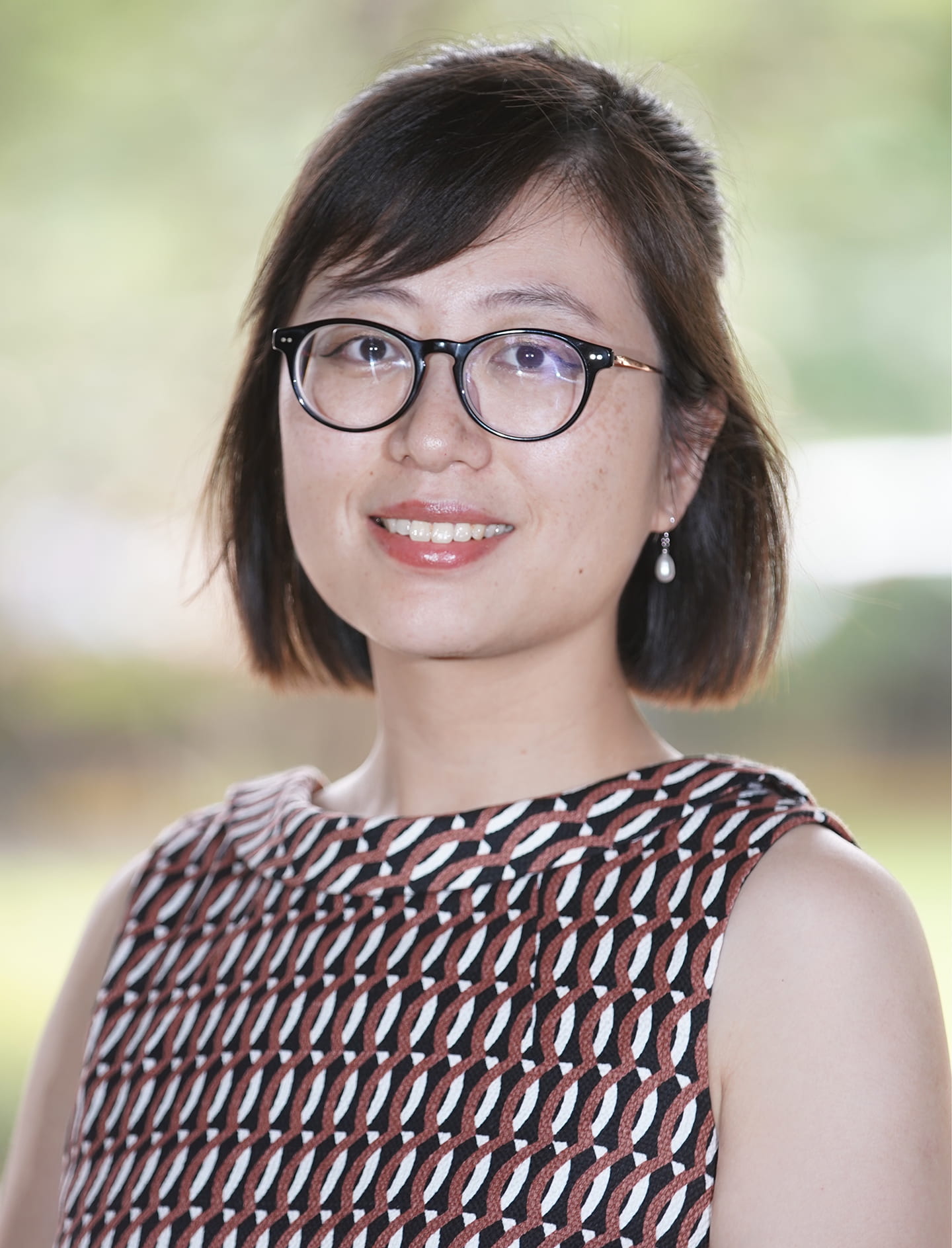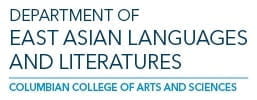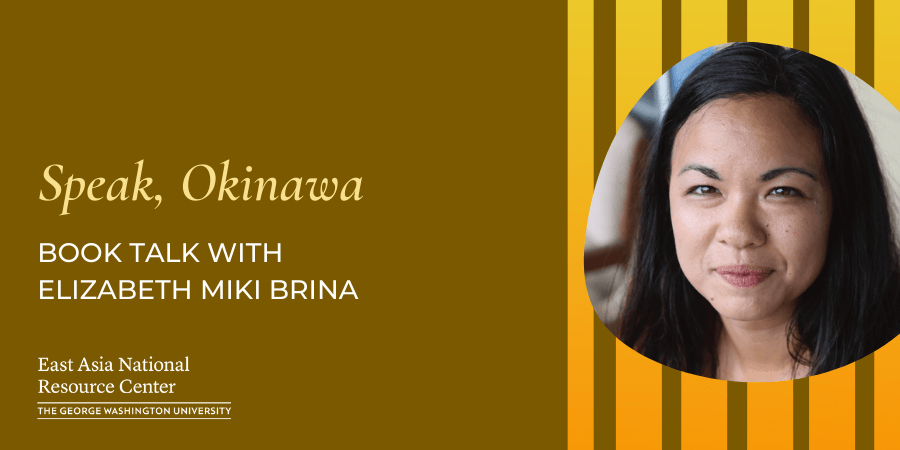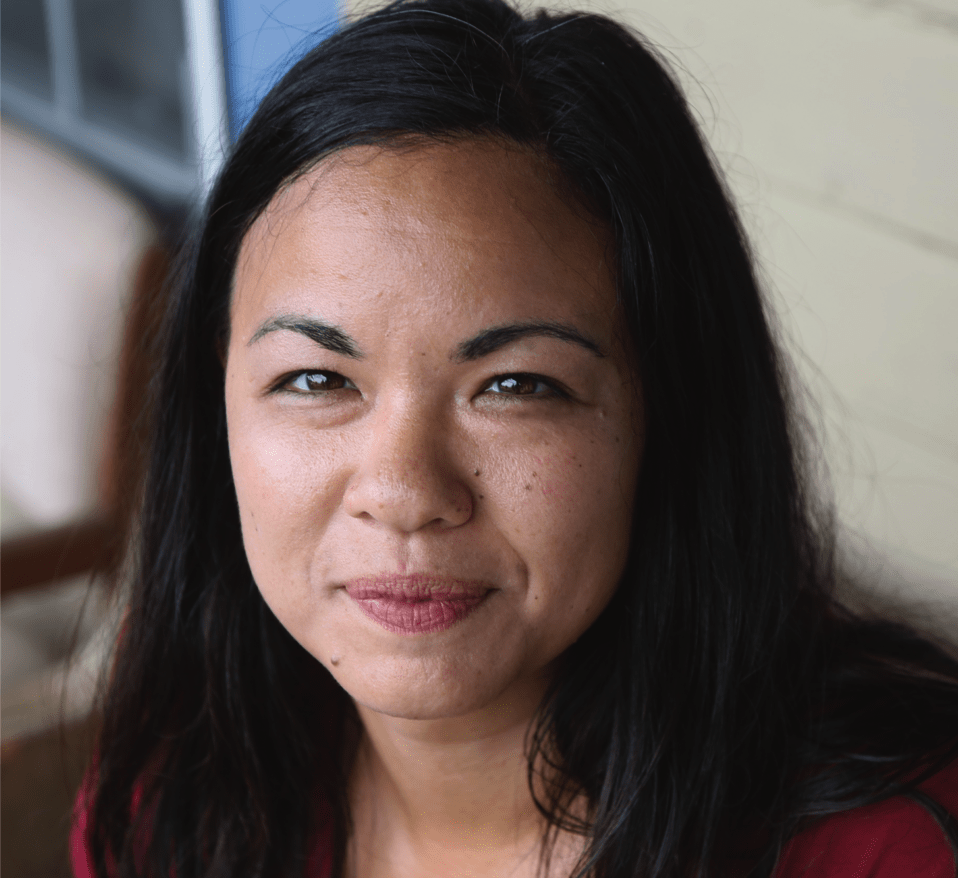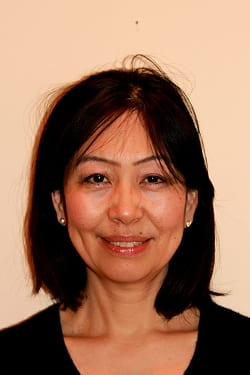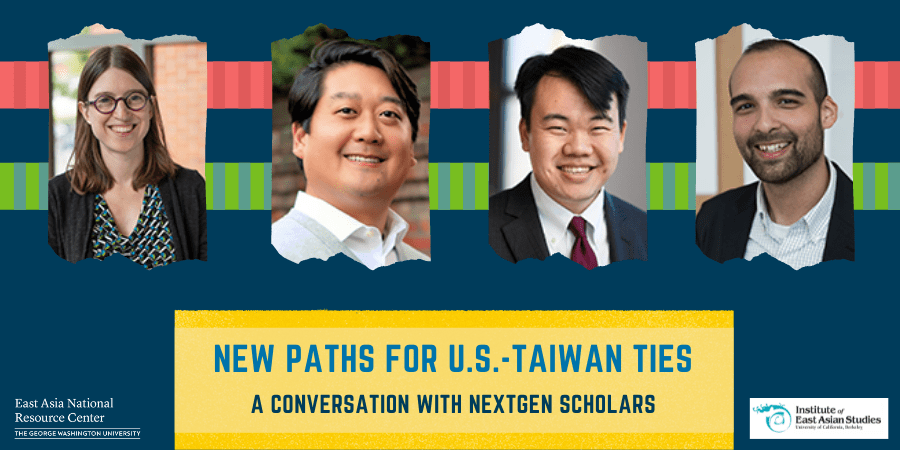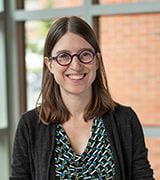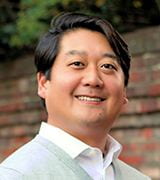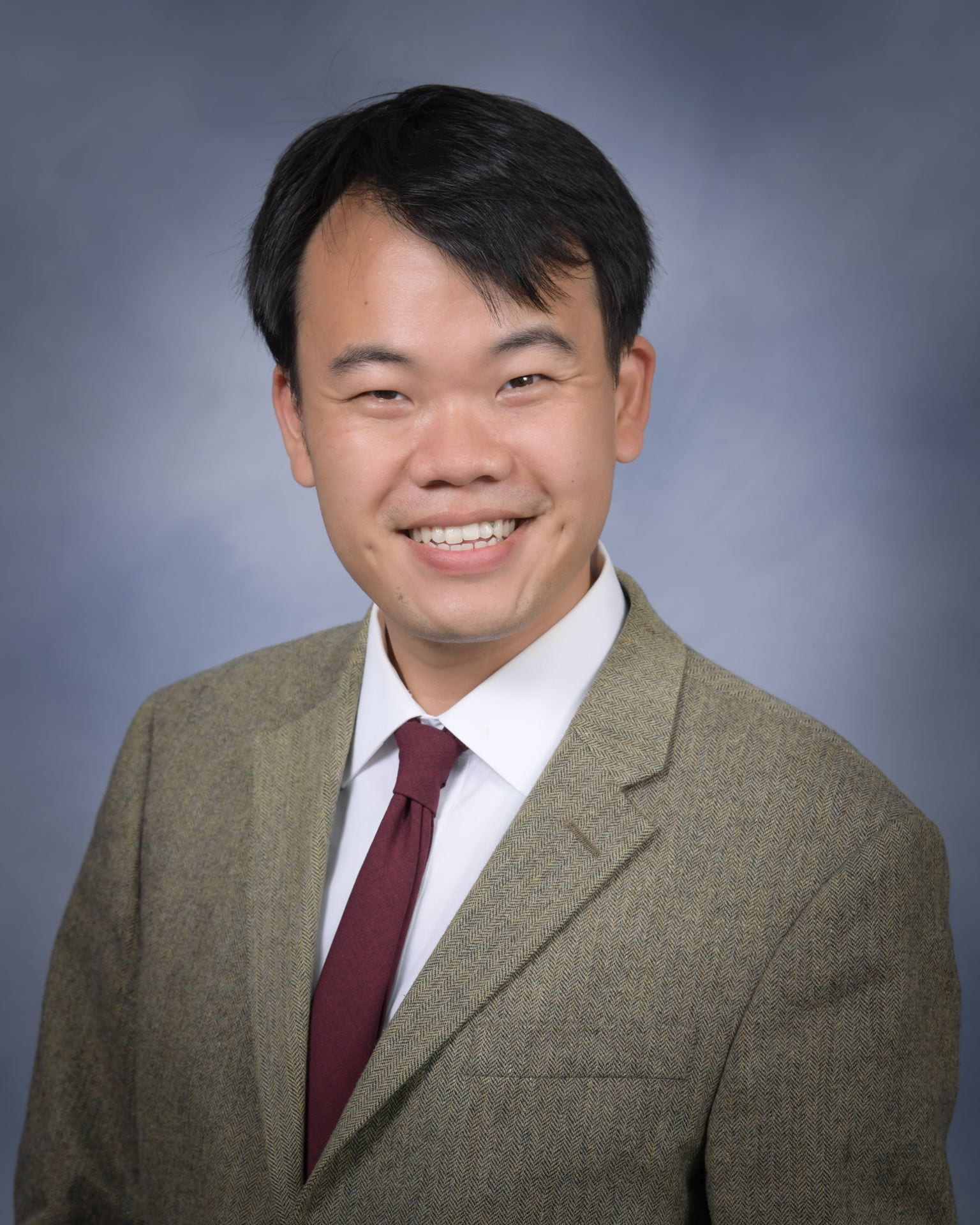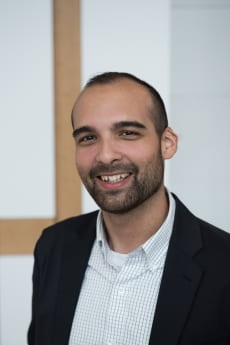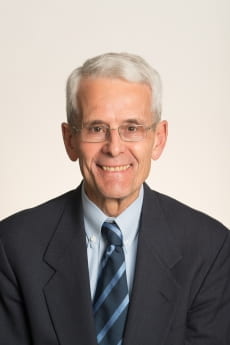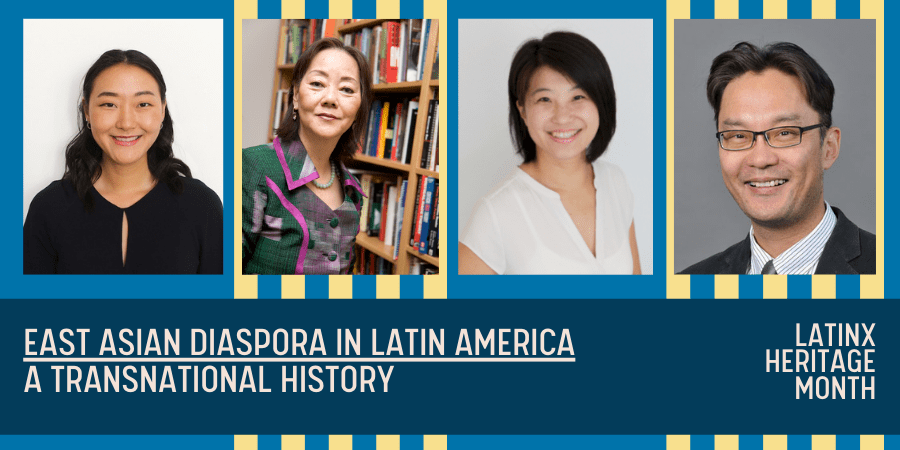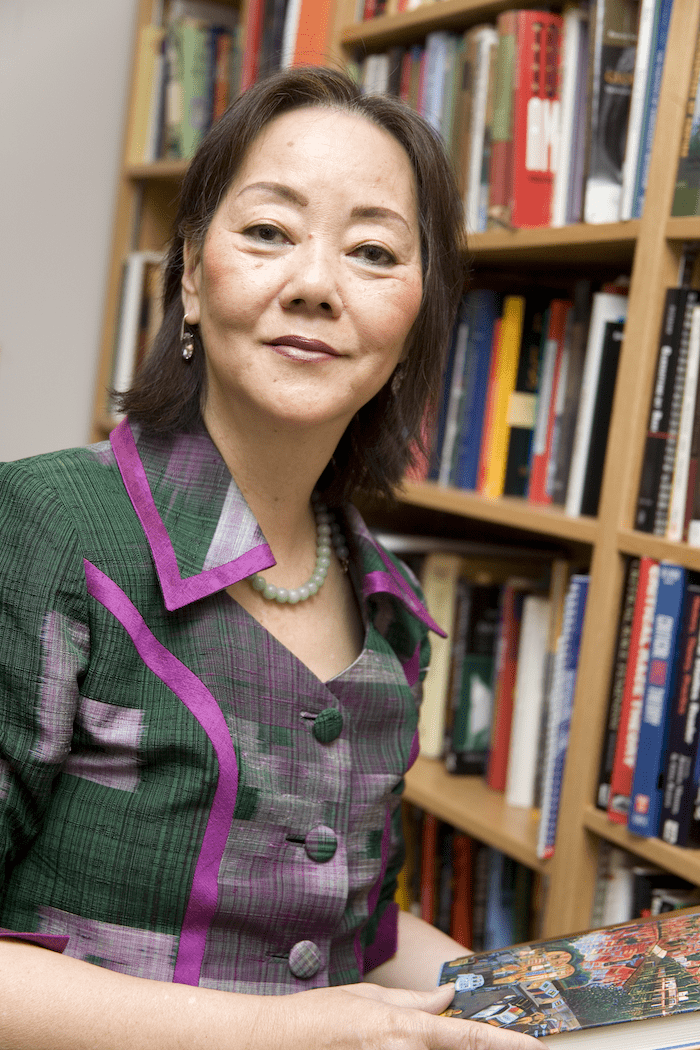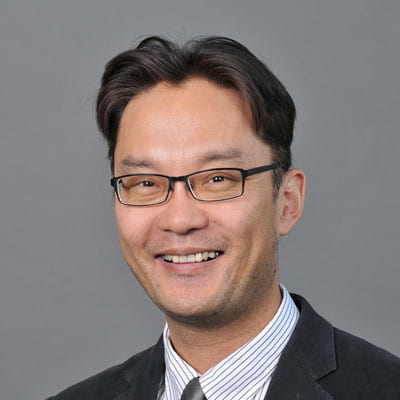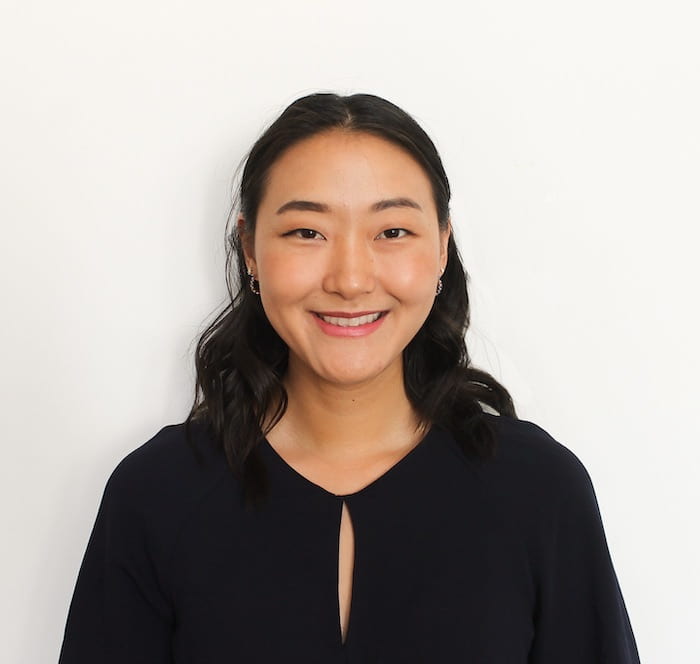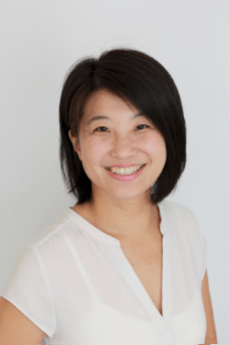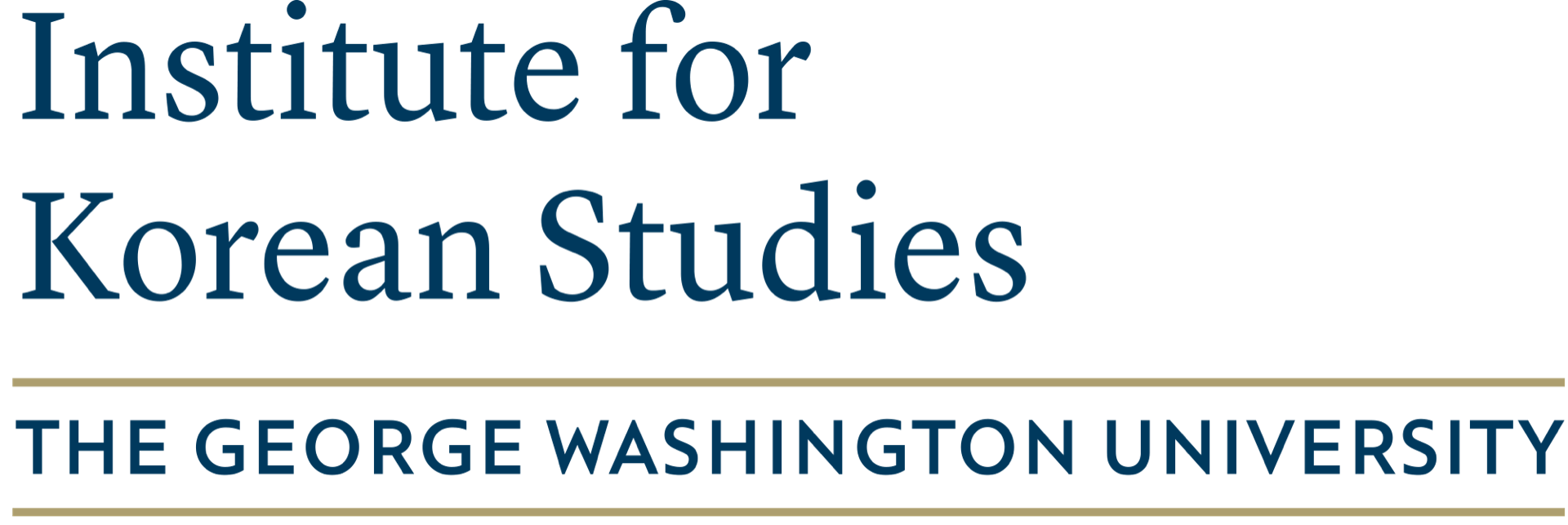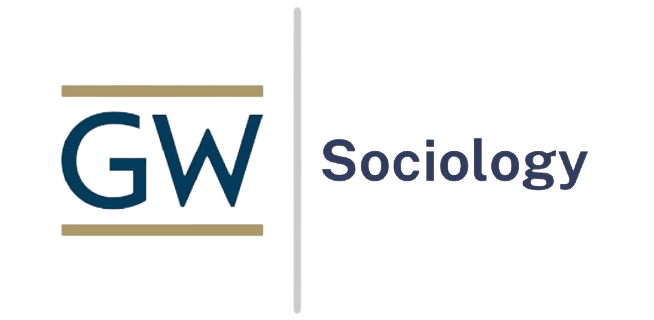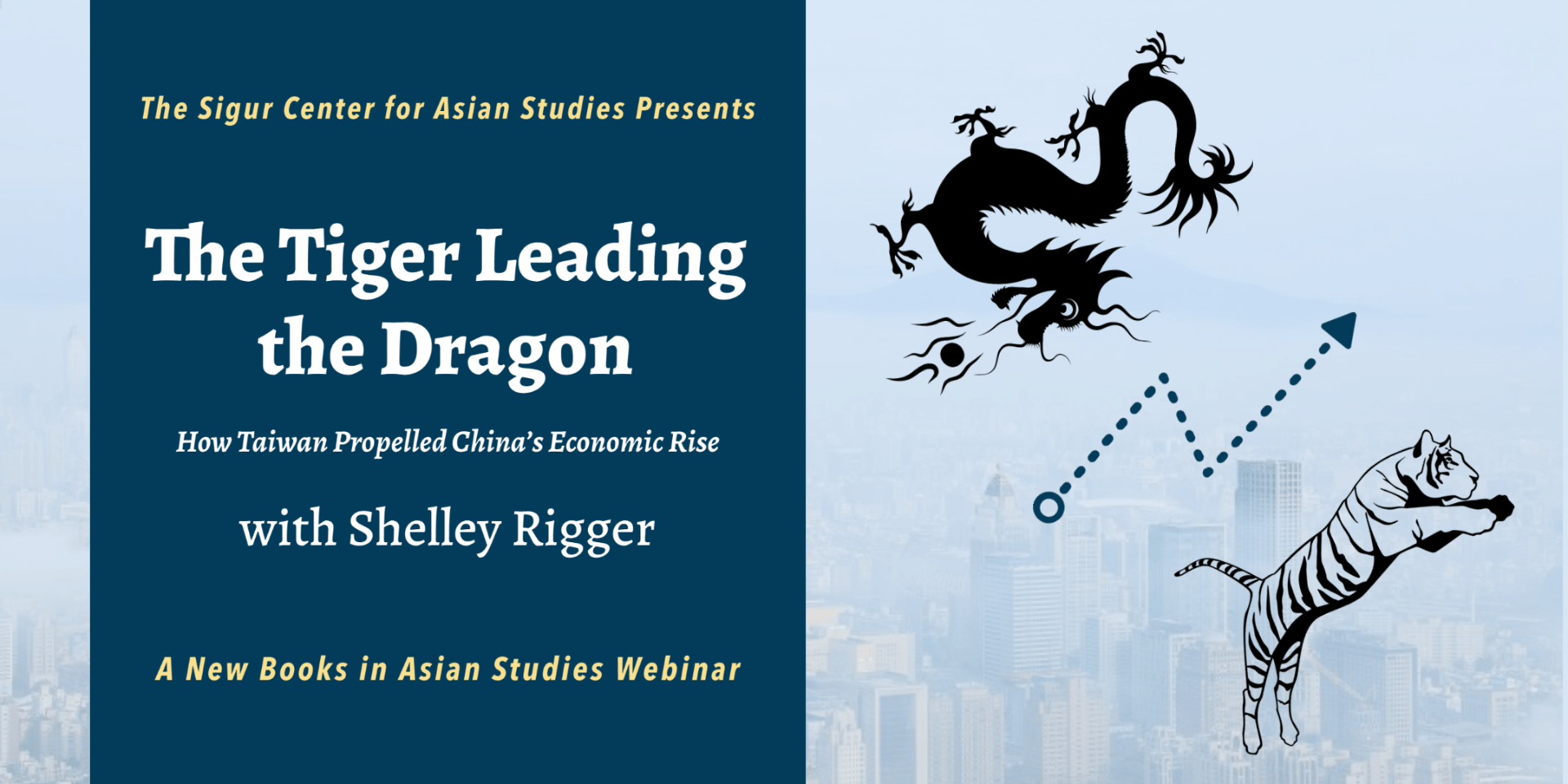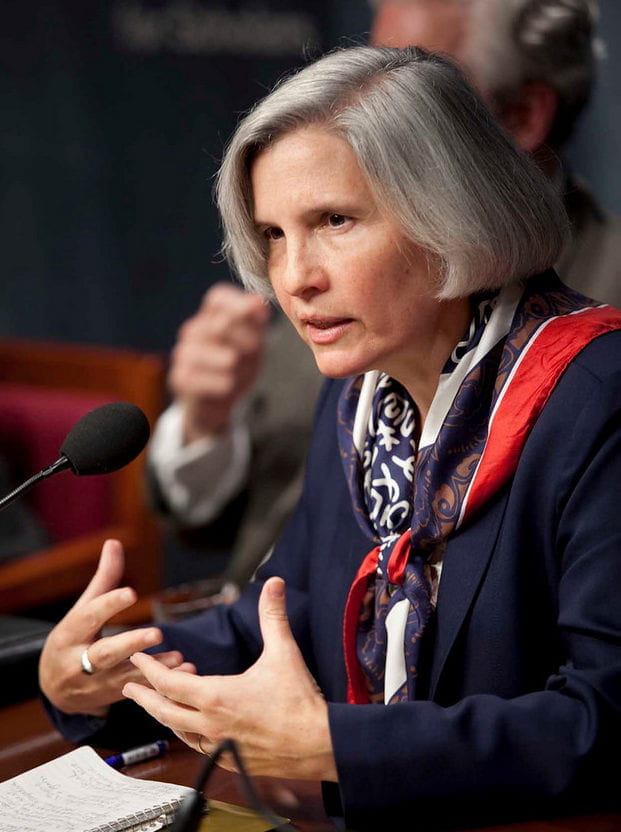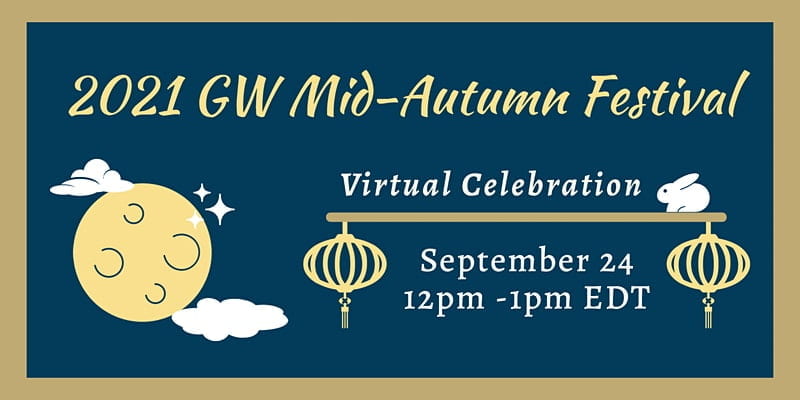Sponsored by the East Asia National Resource Center and Taiwan Education and Research Program
Tuesday, April 12, 2022 | 4:00 pm – 5:30 pm EDT
Hybrid Event
Lindner Family Commons
1957 E St NW Room 602
AND
Online
NOTE: All non-GW affiliated attendees attending the event IN-PERSON must comply with GW’s COVID-19 policy in order to attend this event, including showing proof of vaccination. While masks are no longer required, it is highly encouraged indoors. For frequently asked questions, please refer to GW’s guidance.
Re-Articulations: Trajectories of Foreign Literature Studies explores the important changes and key debates in the evolution of foreign literature studies in Taiwan to showcase the historical and institutional forces that have formed and shaped it—to grasp how in each historical conjuncture foreign literature studies interacted with its own social contexts and the transformation of global structures. In this talk, Wang will introduce the book by emphasizing on the political aspect of this institutional history and focusing on two specific cases: the transpacific trajectory of TA Hsia and his involvement in the study of Modern China, and the debates surrounding the translation of subjectivity in the 1990s. These two cases will shed light on how Cold War politics left imprints on the development foreign literature studies in Taiwan.
This event will be on the record and a recording will be available on the NRC YouTube channel after the event.
Registration
The event is open to the public. Registered guests for online attendance will receive details for joining the Zoom meeting.
The George Washington University Masking and Vaccination Policy for On-Campus Guests.
GW policy requires that all visitors to campus be fully vaccinated and boosted. Staff will be checking proof of vaccination at the door. To streamline the process, guests can download the CLEAR Health Pass app, but the app is not required. Guests are also recommended to wear masks while in campus buildings. If you are unable to adhere to these guidelines, we encourage you to attend the event virtually.
Speaker
Dr. Andy Wang Chih-Ming, Associate Research Fellow at Academia Sinica and Visiting Scholar at the Harvard-Yenching Institute
Moderator
Liana Chen, Assistant Professor of Chinese language and literature, GW
Speaker
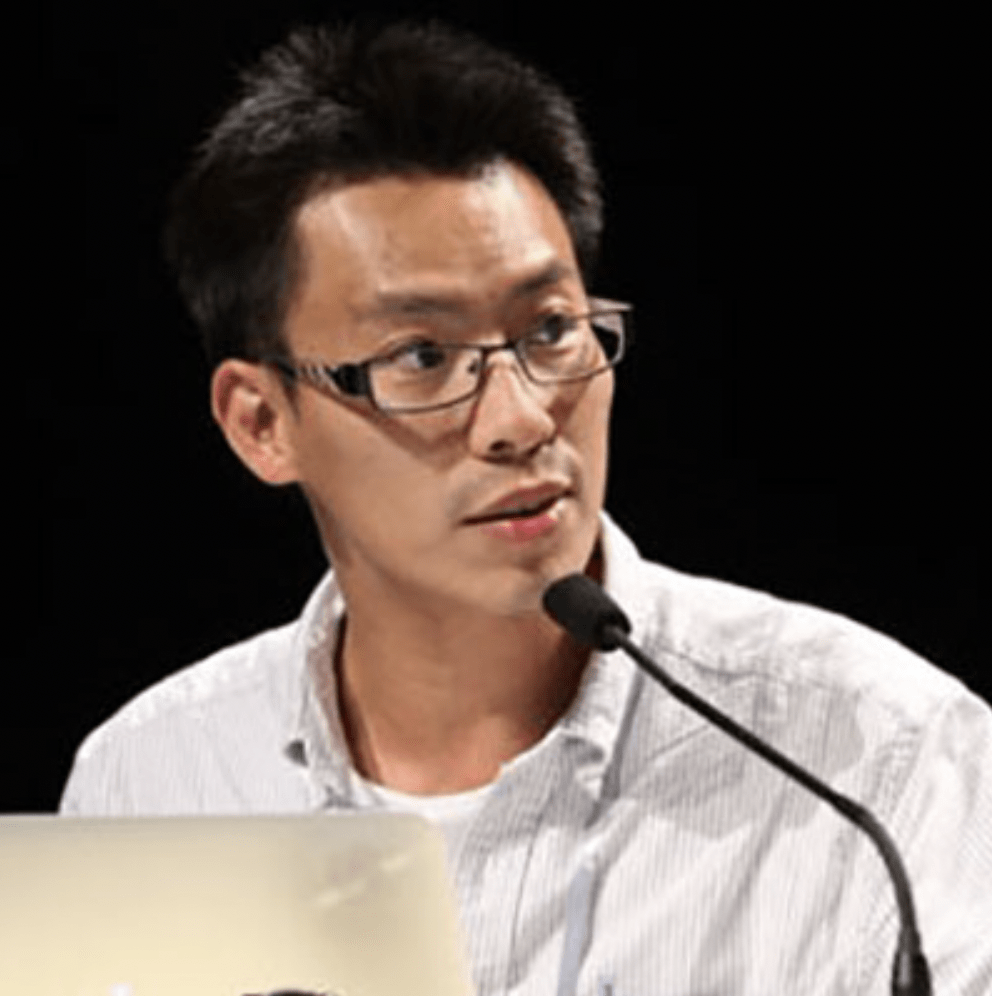
Andy Wang Chih-ming is associate research fellow at the Institute of European and American Studies, Academia Sinica, Taipei, Taiwan, working in the intersected fields of transpacific American literature and inter-Asia cultural studies, especially on the questions of intellectual production and diasporic connections. He the chief-editor of Router: A Journal of Cultural Studies (2017-2023) and the author of Transpacific Articulations: Student Migration and the Remaking of Asian America (University of Hawai‘i Press, 2013). He also coedited a number of projects, including (with Daniel Goh) Precarious Belongings: Affect and Nationalism in Asia (Rowman and Littlefield International, 2017) and (with Yu-Fang Cho) “The Chinese Factor: Reorienting Global Imaginaries in American Studies,” American Quarterly 69.3 (2007). His book (in Chinese) Re-Articulations: Hundred Years of Foreign Literature Studies in Taiwan is forthcoming from Linking Press in Taiwan.
Moderator
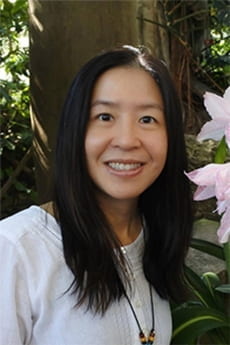
Liana Chen is an Assistant Professor of Chinese language and literature at the George Washington University. She holds a PhD from Stanford University, and an MA from National Taiwan University. Dr. Chen is the author of Literati and Actors at Work: The Transformations of Peony Pavilion on Page and On Stage in the Ming and Qing Dynasties (Taipei: National Taiwan University Press, 2013). Her areas of teaching and research focus on Chinese drama and theatre, Chinese literature of the Ming and Qing dynasties, and Taiwanese literature and film. Liana Chen’s research has been supported by The American Council of Learned Societies and Sigur Center for Asian Studies at GW.
